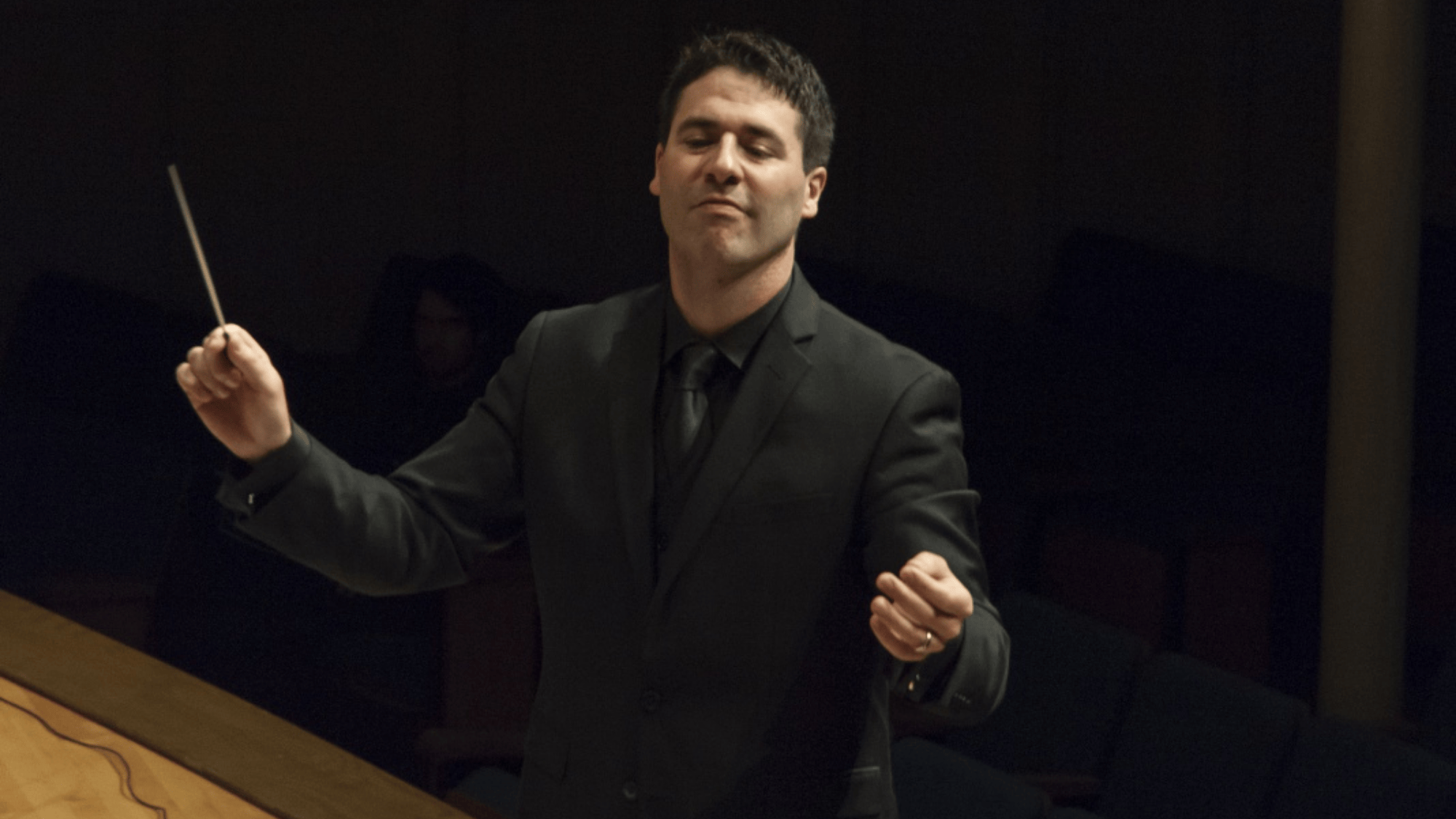If you follow carefully this random list, you will be guaranteed a IV, III, or II rating at the festival. If you observe 90 percent or more you can earn a IV; 50 percent will get you by with a III. It is possible to earn a II if you follow only 25 percent. Face the bitter truth that if you adhere to only 10 or 15 percent, you might receive a superior.
- Never pay attention to 2nd and 3rd clarinet and trumpet parts or inner voices.
- Never encourage students to play the horn. After beats are no fun.
- Pay attention to mouthpieces. Any old one will do.
- Never hurt an oboe players feelings. Let them ruin your performance.
- Be sure your flutes play sharp, especially C#.
- Keep it a secret about sharp and flat partials on brass instruments.
- Never use a third valve slide.
- Be sure that the tubas play all short notes too long.
- Never connect notes in legato passages.
- Never separate staccato notes.
- Always assume that an accent means hit it hard.
- At all costs avoid dynamic contrasts.
- Be sure to allow tied and dotted notes to run into the next note.
- Never separate accented notes.
- Always allow short notes to attach themselves to the preceding note.
- If it says ff, be sure that everyone is playing ff.
- If a solo is indicated to be playing pp, be sure no one hears it.
- Let all sustained tones sag at the end.
- Spend too much time on scales; a bored band is a happy band.
- Always play scales loud and never let the students hear themselves.
- Be sure that the trumpets play loud enough to cover everyone.
- Never play a chorale, but if you do, make it a complicated one like in a lot of sharps.
- Choose too difficult music. It will impress the judge.
- Be sure to always conduct never teach.
- Always let the melody be covered by something else.
- Encourage poor posture—slouching, elbows on knees, legs crossed, etc.
- Never practice your own instrument or play for your students.
- Be sure the woodwinds have sufficient broken reeds. Never have a “set-up” with a specific place for each chair and student.
- Don’t number music folders, or label them or have a place for them.
- Pass out music only at rehearsals. Better yet, let a student with grade and attitude problems do it. 32. Always be sure that your rehearsal is cluttered with books, coats, broken instruments, music, etc.
- Keep a friendly rehearsal environment. Let everyone talk all the time.
- Never start or stop rehearsal on time. Parents and teachers like this.
- Be sure that you never hurt a troublemaker’s feelings by suggesting that he/she leave the rehearsal.
- Always assume that judges are dishonest, incompetent or prejudiced.
- Don’t keep a bulletin board. It is better to take time to answer each student’s questions individually.
- Never, never study a score. It is better to learn from the first reading.Never learn from a colleague; they are surely out to get you.
GOOD LUCK! There are many more ways to qualify for a low rating but that will have to wait for a later edition.






